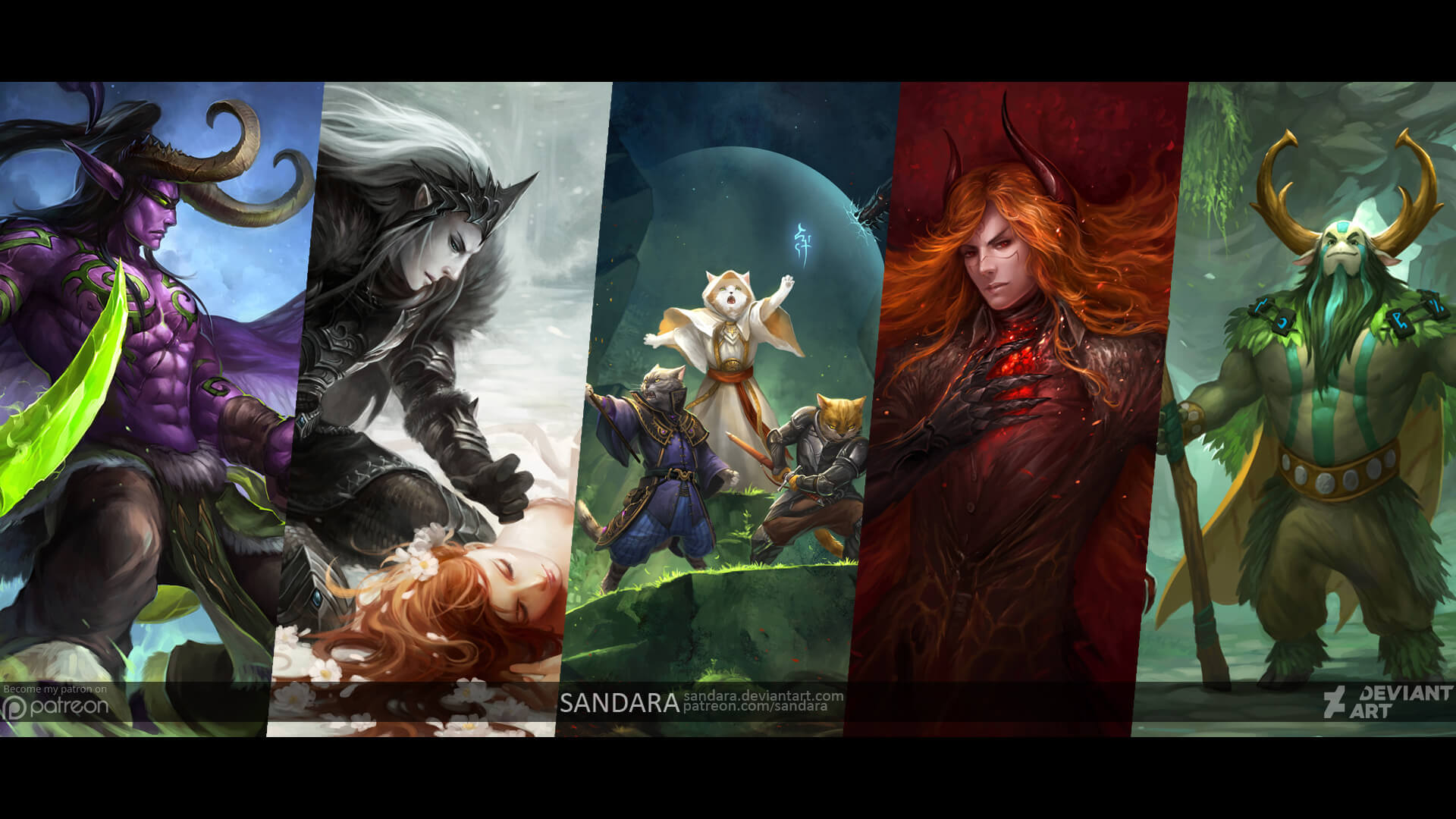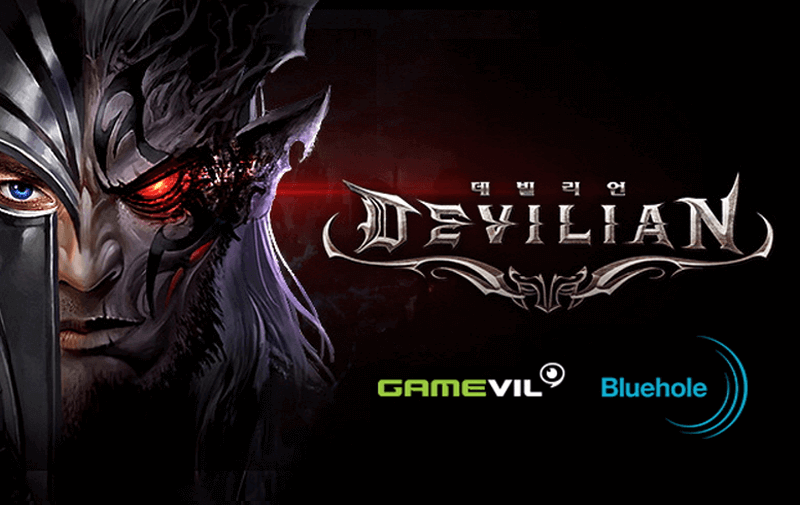Crowdfunding has a been a big part of the Internet since 2003 when ArtistShare launched to become the first crowdfunding website. Since then, sites like Kickstarter and Indiegogo have all but taken over the niche, helping anyone from graphic designers to big brands fund their one-time project. But, those crowdfunding campaigns do little for artists in need of long-term funding for their studio, bills, or smaller projects. Patreon, however, is designed specifically for those artists and creators.
What is Patreon?
Patreon launched in 2013 with a unique fundraising module aimed at every type of creative artist, from musicians to painters to YouTube personalities. While Patreon is technically a crowdfunding site, its model is entirely different from that of Kickstarter or any other major crowdfunding platform. That is one of the reasons why it is perfect for artists. Instead of fundraising for one-time projects, Patreon helps artists to collect sponsors (fans) who want to offer monthly donations in exchange for rewards like behind the scenes looks at art, custom artwork, shoutouts, and even the moral boost of having support an artist they like.
How Does Patreon Work
Like other types of crowdfunding, Patreon asks the artist to set up a series of fundraising goals, and then to create a list of perks that fans get in return for their monthly donation. This system allows the artist to be transparent about where money is going while offering something in exchange for the donation. Fans sign up for a variety of reasons, therefore having a diverse array of rewards can be helpful. Fundraising goals can be anything from releasing an art book or CD to renting a studio every month. Unlike Kickstarter, artists do not actually have to fundraise towards a creation or product, only towards a goal of their own making. That is a big deal for artists who need money to replace a traditional job, especially on the Internet where work is often released for free or at low rates.
The platform also includes a social media profile and a feed where artists can interact with their fans, offer Patreon-only pictures and videos, and even downloadable content in exchange for donations. Patreon has a number of advantages and disadvantages over Kickstarter and traditional crowdfunding:
Pros
- Patreon allows monthly donations or subscriptions, meaning that fans commit to paying for something every month.
- Patreon makes it easy to offer tangible rewards, one on one time, and other perks to fans instead of selling artwork directly.
- Different reward tiers make it easier to attract a broad range of fans, from the casual to the very dedicated.
- The earnings module makes it easier for artists to earn a regular income, even when offering art for free online and on social media.
Cons
- Most people, even existing Patreon users, are unlikely to stumble across an artist on Patreon and decide to fund them. Committing to monthly payments requires dedication from a fan, which means that in most cases, fans come from the artist’s existing audience.
- Like all other crowdfunding sites, Patreon charges fees for the use of its site. Patreon takes 5% plus whatever credit or payment system payments are required through the payment. This means that the fee can be up to 7% of the total.

Tips for Succeeding
Patreon is just like every other crowdfunding platform in that an artist can succeed or fail based on whether or not people decide to fund them. This is important because it means that if you are setting up on Patreon, you will have to put work, marketing, and thought into the platform in order to reach your goals.
Use goals to motivate fans. Fundraising goals should have a specific aim that potential fans can see. For example, an artist might need $200 per month to buy better art supplies. Setting up 3 or more goals at different fundraising levels gives fans something to aim for and can be motivating to them when signing up.
Set up different reward tier levels. Not everyone has the money to dedicate $100 per month to an artist, and not everyone just wants to donate $5. Setting up multiple reward levels at different price points makes it easy for fans who would not otherwise donate to pitch in. More importantly, Patreon makes it easy to adjust their rewards, or what users get in exchange, to match the donation.
Advertise Patreon to existing audiences on social media. Most of the Patreon users start out as the artists existing fans. The easiest way to build a Patreon account is to advertise it through social media, on YouTube, DeviantArt, or whatever other platforms the artist is using. The first step to a successful Patreon is telling fans that they can contribute and what they will get in exchange.
Offer a unique experience. Most people are not willing to provide money for something they can get for free unless they truly love the artist or creator. For this reason, rewards should offer fans unique rewards for the low-tier, and exclusive to the person rewards for the high-tier donations. By offering a unique experience, artists can create a greater motivation to sign up and donate.
Create a great pitch. Most people would not want to donate money for an artist to buy coffee with, but a great pitch will tell fans what they are getting in return so that they will not mind. A great pitch explains what the money is for, why the artist needs it, and where it will be spent. For example, Pockets Full of Soup by Jared Petty uses a pitch explaining that if they crowdfund each project, they can continue releasing videos for free. Fans get insider rewards, online meetings, and even exclusive Patreon-only episodes, and Jared Petty can pay his bills and continue making videos.
Patreon is a great solution for artists who need long-term funding for ongoing projects, art, or other creations. While the earnings module is significantly different from Kickstarter, that is generally a good thing for creators who need long-term funding.





